Feature Image Credit: @borquesbooks
The New York Times and USA Today best-selling author of The Huntress and The Alice Network returns with another heart-stopping World War II story, centered around three very different women who are recruited to the mysterious Bletchley Park, where the best minds in Britain train to break German military codes. Twisty and evocative, these women come together, only to find that the real puzzle lies inside the Park itself as a traitor sets them against each other in a betrayal reaching past the end of the war.
I wanted to go deeper with this author and understand more about her inspiration and experiences. And don’t miss out on some of her favorite books, her favorite first line of a book and other fun book-related questions she answered in our Ten Book Challenge: Kate Quinn’s Book-It List.
Tell us about your new book in 3 sentences
The Rose Code tells the story of three very different women—a beautiful blue-blooded debutante, a tart-tongued London shop-girl, and a shy crossword-solving spinster—who are all recruited to the mysterious Bletchley Park, a secluded English country manor where the best and brightest minds in Britain break Hitler’s supposedly unbreakable military codes. As they break codes they’ll also dance to Glenn Miller, start a literary society, fall in love with both suitable and unsuitable people, and become the best of friends—until a betrayal shatters that friendship and lands one of the three women in an insane asylum. Years later, on the eve of Princess Elizabeth’s wedding to Prince Philip, an encrypted letter draw the three estranged friends back together in a desperate hunt for a shadowy traitor from their Bletchley Park years.
Where did you get the idea for this book?
Bletchley Park itself: a marvelously weird Wonderland of a place where smart, quirky people thrived and made their voices heard—especially women. At its height, BP employed nearly 9,000 people, and nearly 7,000 of those were women. So I immediately wanted to know more about the Bletchley Park ladies: what were their stories?
What is your favorite thing about this book?
It’s a war novel where the battle being fought is mostly intellectual, not physical. These women have to win their fight—both the national fight for their country’s freedom, and the personal fight against their own enemy—by being smarter than the opposition, not larger or stronger.
Three emotions readers should/will experience when reading this book:
Admiration, for the brainpower and willpower it took for human minds to wedge open a supposedly unbreakable cipher. Heartbreak, for the toll it took on those minds and hearts. And envy that these quirky, smart, wonderful women aren’t your colleagues and book-club buddies!
What was the hardest part of writing this book?
I do not have a technical or mathematical mind, so researching something as technically complicated as Enigma codebreaking was sensationally difficult. But as I realized while writing The Rose Code, I didn’t have to tell the reader how to break Enigma ciphers—there are plenty of non-fiction books and Youtube videos for that. My job is to tell the reader how it felt to break Enigma ciphers.
Take us into the research part. In a nutshell, what did that look like for this book?
Hundreds of books, hundreds of articles, hundreds of emails exchanged with a Bletchley Park independent researcher, and one trip to Bletchley Park itself, fortunately completed before lockdown!
Why do you write books?
Because I can’t imagine myself not writing books. If I wasn’t fortunate enough to be publishing them, I’d still be writing them—I’d just be sticking them in a drawer.
I am drawn to books that . . .
Take me to a different, vivid, exciting world peopled by different, vivid, exciting people. I don’t care if that world is a planet orbiting a Milky Way star, a fantasy land with dragons and phoenixes, a country and culture completely foreign to me, a century past or a century in the future: if it’s fresh, well-depicted, and interesting—I’m there.
I want readers to be drawn to be my books because . . .
They want to find women of the past who have done truly astounding things, and who haven’t received the spotlight they deserve for it.
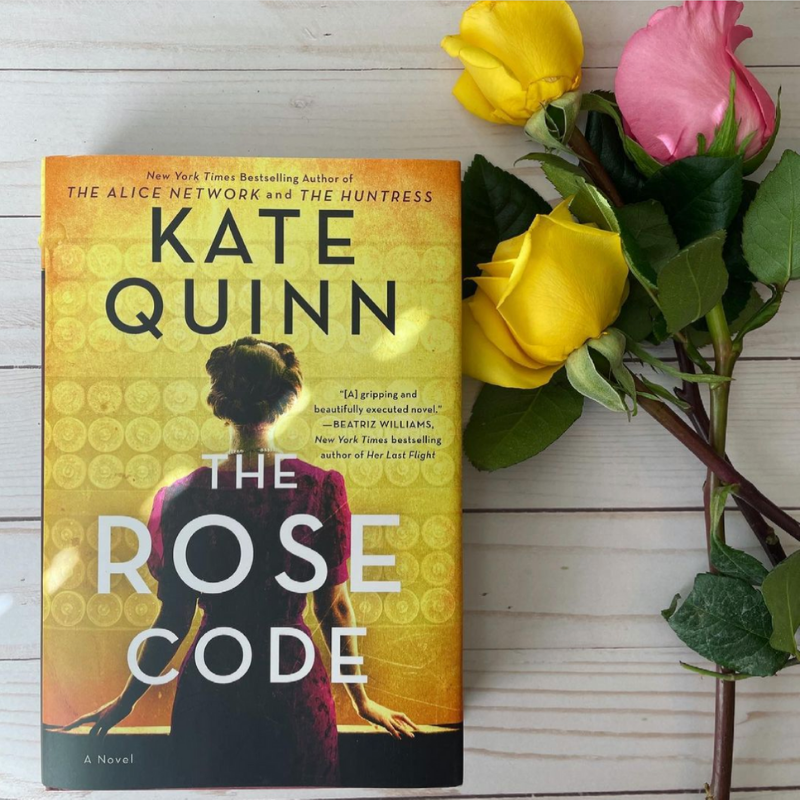
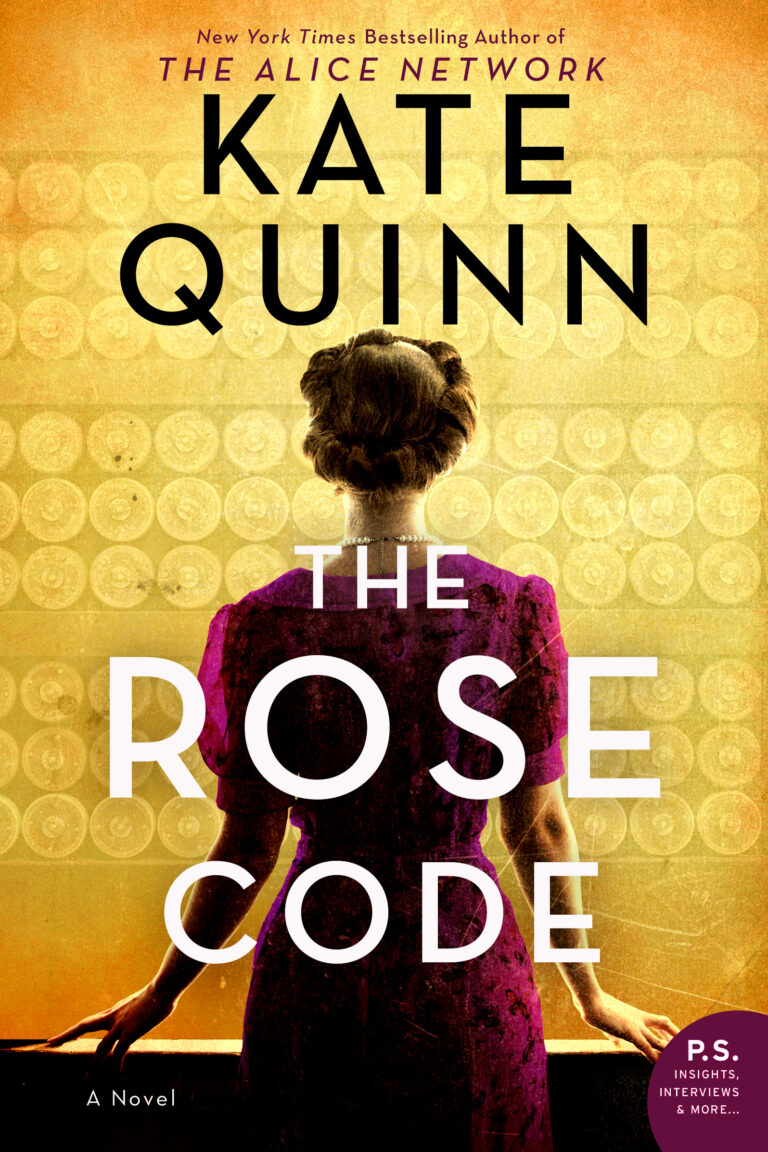
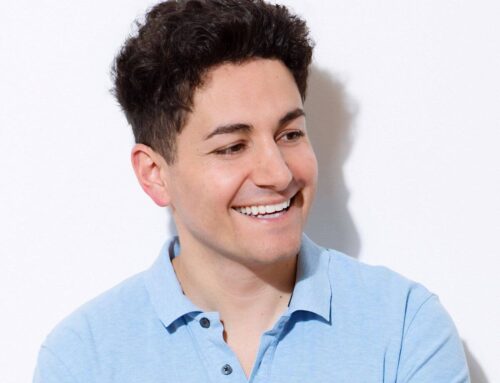
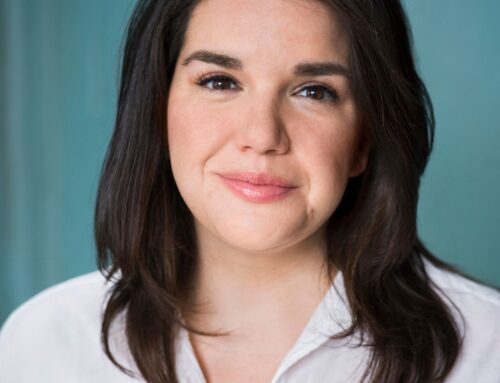
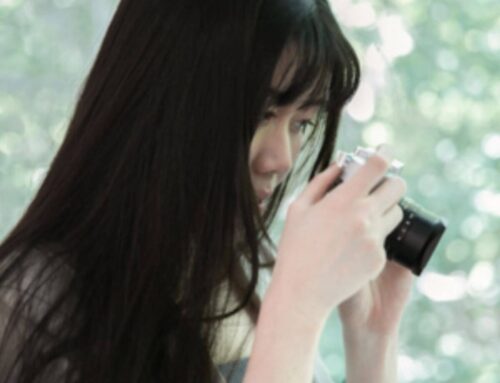
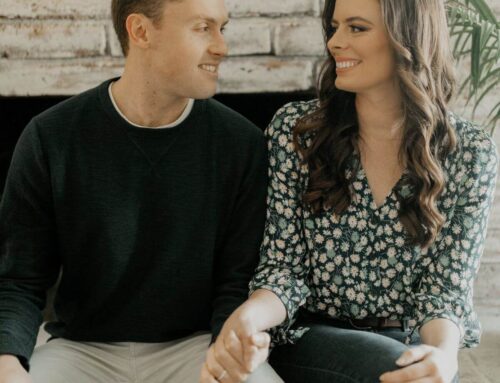
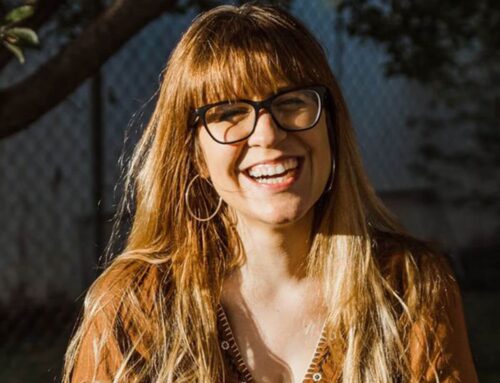
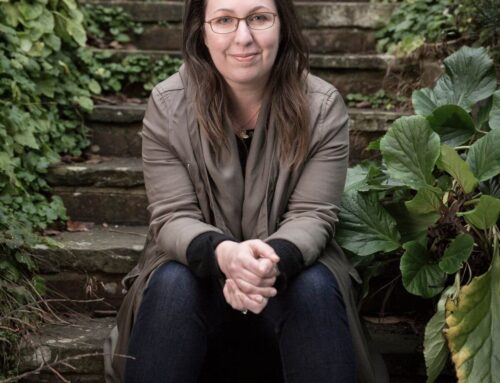
Leave A Comment